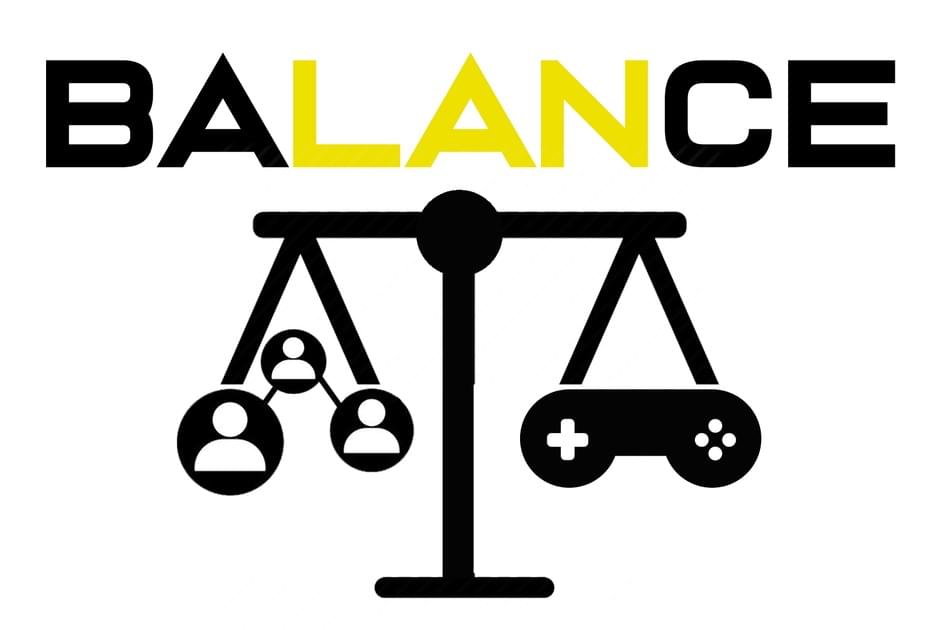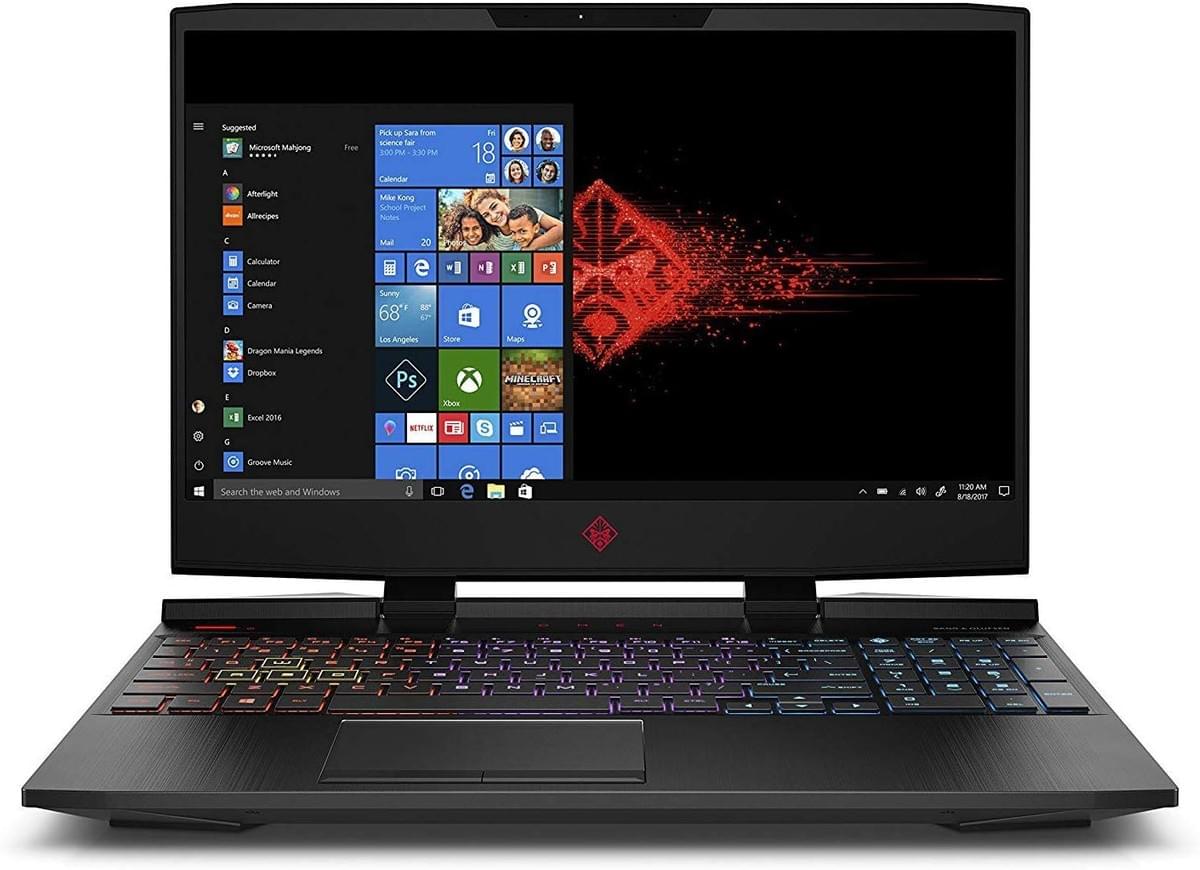
- Gaming Network
- Travel
- …
- Gaming Network
- Travel
- 0
- Gaming Network
- Travel
- …
- Gaming Network
- Travel
- 0
What is the best gaming laptop for travel and backlog clearing?
TLDR - HP pretty much owns the bang for buck niche but there are other options.
Specification Goals - 4k/60hz resolution screen, at least a 1070/2070 midrange GPU, $1500-2000 price
Ever since the Geforce 10 series, gaming laptop desktop replacements became a thing with the performance being near par with desktop equivalent GPU's and eliminating the need to have separate "M" variants for laptops. With this in mind, it became feasible to game ONLY on a laptop and opens up the ability to game just as well from anywhere in the world with a laptop and to take advantage of that mobility to either arbitrage or experience different gaming cultures without compromising or losing anything from a traditional gaming desktop set up.
In the Geforce 10 generation, HP was the only manufacturer too offer a complete package for 4k gaming at a $1500 price point and Munly considers it the best value laptop he may ever own. The other two most common manufacturers in SE Asia for gaming with a wide distribution network and local support, Asus and MSI both focused on the E-Sports/FPS and Competitive gaming niches where high refresh rates are required at the cost of screen resolution while Razer staked out the premium end of the market. The Geforce 20 series largely only improves on form factor (significantly) and adds early-gen raytracing and machine learning assisted graphics, both of which are too in their infancy to justify any kind of price premium other than for developer use and experience.
At Balance we are recommending HP's niche specifically because HP's niche is our initial travel niche. The emphasis on best value for money and primarily non competitive, longer single player games is where places like Chiang Mai and countries like Thailand or similar offer the best value proposition. in this case we don't need a setup for twitchy reaction times and a good quality screen is far better for bang for buck. If you do also play competitively we will address this further below in this article and explain why it should be a secondary consideration while on the road. In the meantime, it is still possible to get a great deal on a 10 series laptop and we've identified two of the best deals on Amazon below but stock is limited. Newer models have better form factor but we don't rate this consideration highly if the main purpose is to serve as gaming desktop replacement.
Last-gen Bang for Buck Buys
The Geforce 10 series currently being phased out was the best value gaming desktop replacement generation. $1500 price range for 17" 4k screens and everything needed for gaming at 30-60 FPS 4k for years to come. An unlikely price point to ever happen again. Limited supplies left.
What's important to note is that prices for computers and electronics are generally best in the US because of economies of scale. The rest of the world is easily at least 20% more expensive so it's best to buy in the US before you leave, or buy in the US if you are able to travel there first. Production selection and the availability of high end items can only be found in the US these days. A midrange gaming laptop in the US is considered high end in SE Asia and priced almost double and similarly outside of the US.
Current-gen HP Omen
Same power as last gen but smaller form factor with first-generation raytracing.

Intel Core i7-9750H, 15" 4K , Geforce 2070, 1 TB SSD
Available in 16gb RAM ($1600) and 32gb RAM models ($2000)
Prices have gone up slightly this generation. Whereas the $1500-1600 price point could have gotten you a 17" screen, this only buys a 15" as standard. However given how much smaller and thinner things are now, there is arguably less of a need. From the 20 series onwards, the era of "thicc" laptops has officially come to an end. The tradeoff between a slightly bigger screen size may no longer seem worth it. Wheras the 10 series achieved desktop replacement performance parity and value, the 20 series successfully got things small enough to be truly mobile and convenient.
64 gb variants are available in theory for future proofing but in our experience by the time games start requiring that much memory, we will need to be on one or two generations of GPU beyond this one. Most games are fine with 8gb of RAM or even 4 GB while current gen titles are starting to hit the 16GB wall. Beyond that raytracing is still in it's infancy with less than 20 games that support it and there just isnt enough value in paying a premium to be an early adopter at this time. The raytracing generation will likely have its own "10 series moment" in the future when the technology matures.
The video just below this is also a good brief primer on Full HD, higher refresh vs higher resolution, standard refresh. The answer ultimately being "it depends" and more specifically, on what you play.
In a nutshell 1080p 144hz is for competition / FPS and 4k 1440p at 60hz for the singleplayer backlog
For the purposes of geoarbitrage and backlog gaming, you get more out of a 4K laptop than you do from a typical competitive gaming laptop from MSI or Asus. The 25 ms ping difference between a fast monitor and a slow monitor is nothing compared to the extra 100-200 extra ping you get from being far away from western servers. It would be nice to be able to geoarbitrage for competitive gaming too but the laws around the speed of light kind of prevents that ;) It only makes sense if you actually want to play with locals and experience new gaming cultures and languages.. then a more typical fast refresh full HD machine makes sense... or you could just buy the screen separately in either instance. For most other things the 4k setup is better for both play and work and is "good enough" for all but the highest levels of competitive gaming
MSI vs Asus?
There is a downside to HP especially in SE Asia and places like Taiwan. These markets are largely dominated by Asus and MSI and there is a large network of stores for support and warranty service while HP has largely retreated. This is in part because the gamer cultures and mix is different vs the west. Single player gaming is not natively popular and since most games were never properly localized and the large game publishing houses never prioritised these markets there is a lot less local variety and exposure to that side of the gaming world. Asian locals largely only play the games that are marketed to them, mostly coming from places like Garena and Tencent and F2P mobile is the most prevalent while on PC's, the predominant games are FPS and MMO's so both MSI and Asus have focused on high refresh as well as lower cost full HD screen that better fit local price sensitivities. The competition is tight between the two with differences in models and warranties changing constantly although we would give a slight edge to Asus in both build quality/design and network of stores. For more on this check the two articles below.
https://bestlaptopsworld.com/asus-vs-msi-laptop/
https://www.ruggedpcreview.com/3_contributed_msi_vs_asus_gaming_laptops.html

Legal
Terms & Refunds
Privacy Policy
Contact / Returns
7117 Florida Blvd
Baton Rouge, 70806
USA
Support: (323) 364-2802
Returns: (225) 218-1100
Balance Gaming Network © 2019


